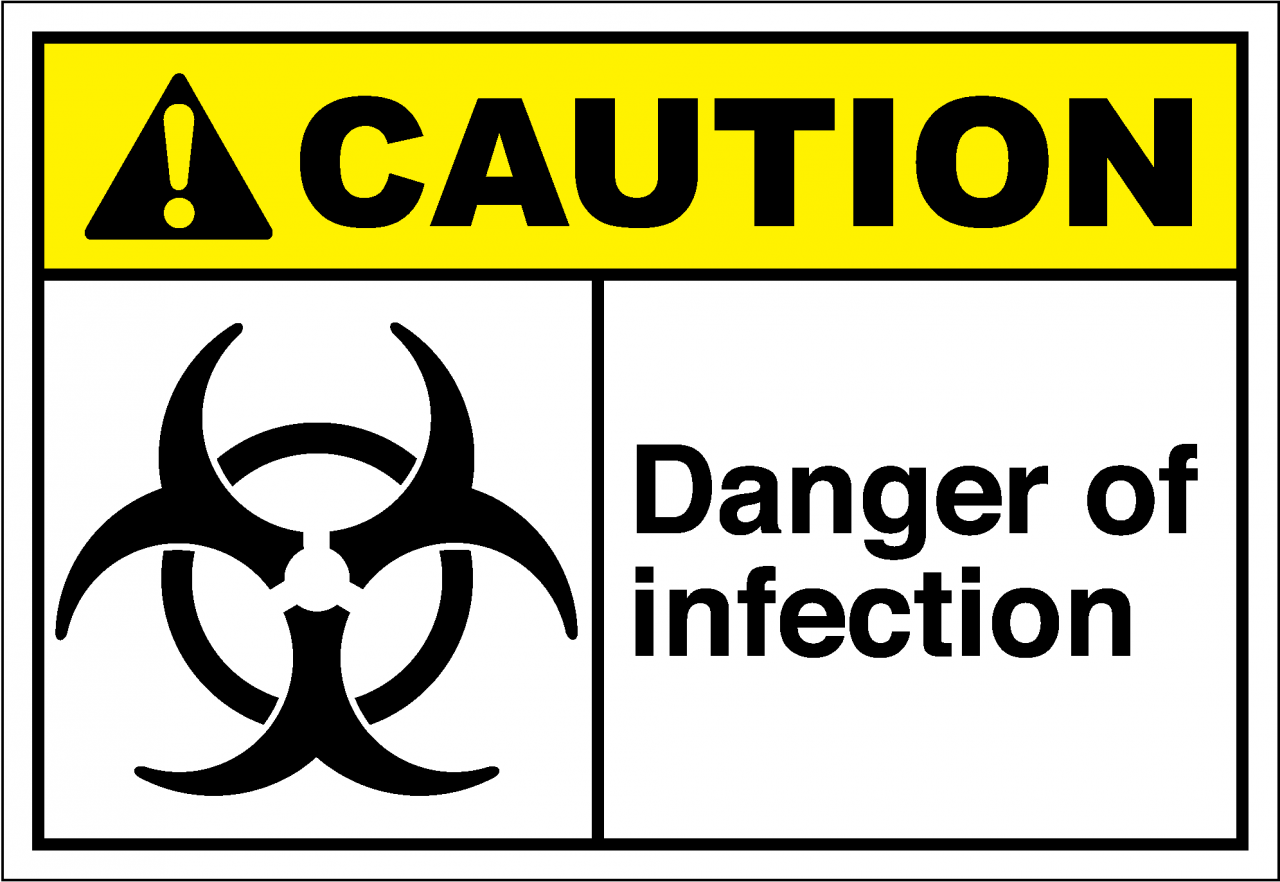The Rule of 6ix blog is back. At least temporarily until I can find another outlet. Recently I have had a lot of science questions and ideas bouncing around my head as I try to define the future of my research and I need to solidify them. Hence the blog. So for the next few weeks or months you can some musings on virus/host interactions here.
One of the questions I have is:
Why do our bodies’ know we have an infection?
It might be obvious to you but our bodies are a valued commodity, excellent real
estate, a resource worth having. We are composed of trillions of cells; we take
in nutrients, excrete toxins and we have all the machinery required to sustain
life. Which is excellent. But all this puts us in the line of sight of other bodies
looking to use our success and many of them don’t care as much
about our well-being as we do.
We inhabit this world with millions of other species:
whales, dogs, magpies, frogs are all obvious examples but by far the most common
are microscopic life-forms (the ones we can't see without a microscope), such as bacteria, Achaea, single-celled eukaryotes, like yeast, and viruses. These other kinds of life are just as evolved and sophisticated
as ourselves, yet some species of microbes have turned to a parasitic way of
making a living and physically associate themselves with us, our bodies’ and
our cells, in order to survive. This association is commonly referred to as ‘infection’.
Viruses: extreme parasites
At the extreme end of parasitism are the viruses. In
general terms viruses are genetic material encased in a protein shell that can
get inside cells. The genome provides all the instructions to make new viruses and
infect new cells and thus spread from cell to cell and individual to
individual. However, these microscopic agents are obligate parasites in that there is no example of a free-living
virus (this is because viruses do not encode the machinery required for
translation of messenger RNA molecules, the ribosome, probably because of its
sheer size). Thus we are essential for their very existence and in most
instances this interaction is one-sided and we do not need it for our survival.
And it comes at a cost to us.
Viruses (and other parasites) remove resources from us
that we would have used for some other task, such as repairing a cell, making
crucial enzymes or communicating between cells. Of course viruses can also physically damage our cells as well. But in general all of this is bad news.
From detection to response
Thus cells and
organisms have evolved means to tell when they are being parasitized upon. Yet what’s
the point in being able to tell if you have been infected without being able to
do something about it? Thus we are able to couple detection with response and
it is this response that is tasked with stopping an infection. And a response that
arises following infection is thought of as an immune response. Over evolutionary time, those organisms that have defences against infection have prospered because infection is bad for our long-term survival.
However, there is a dark side to our immune response.
Sometimes virus-associated disease is caused by our own response to infection. Our
immune response can be damaging. Viruses are so intimately associated with us
that we get hurt a bit when we are trying to rid ourselves from infection.
Viruses live inside cells and therefore if we want to remove the virus you may have to
remove your own cells. In many cases we have achieved a balance with our viruses. However, sometimes this balance can be tipped in favour of the host or the parasite. Either the parasite is cleared before it has the chance to spread or the host responds in such a way that it irreversibly damages itself.
Questions, questions and questions
It should be obvious now to you WHY our bodies can tell we are infected but from this idea stems many, many more questions, ideas and areas of future research. Questions like:
1) How do we physically detect infectious agents? What do we detect? What makes them different to us? Do they have to be 'infectious'?
2) How do we respond? What kinds of changes are made?What's responsible for stopping an infection?
3) How do our parasites influence our response?
4) How do we regulate the response? Especially if it can be damaging.
5) How important is this response to health and disease?
6) Why do some individuals respond differently to the same infection?
7) Why do different infectious agents give different responses? And what are these responses?
8) How has this interaction affected the evolutionary trajectories of host and infectious agent?
9) How can we manipulate this interaction? Can we use this knowledge to make better, safer drugs and vaccines?
10) How can we study this whole phenomenon
experimentally?
I hope to explore these questions in future writing and research.


















